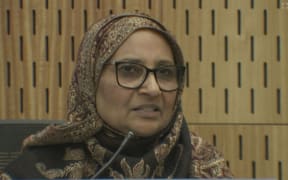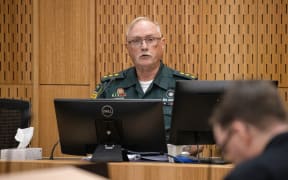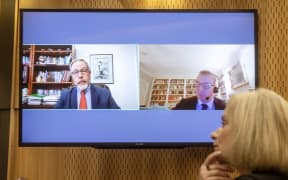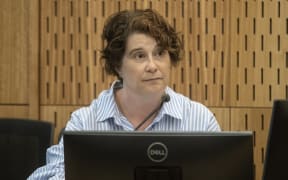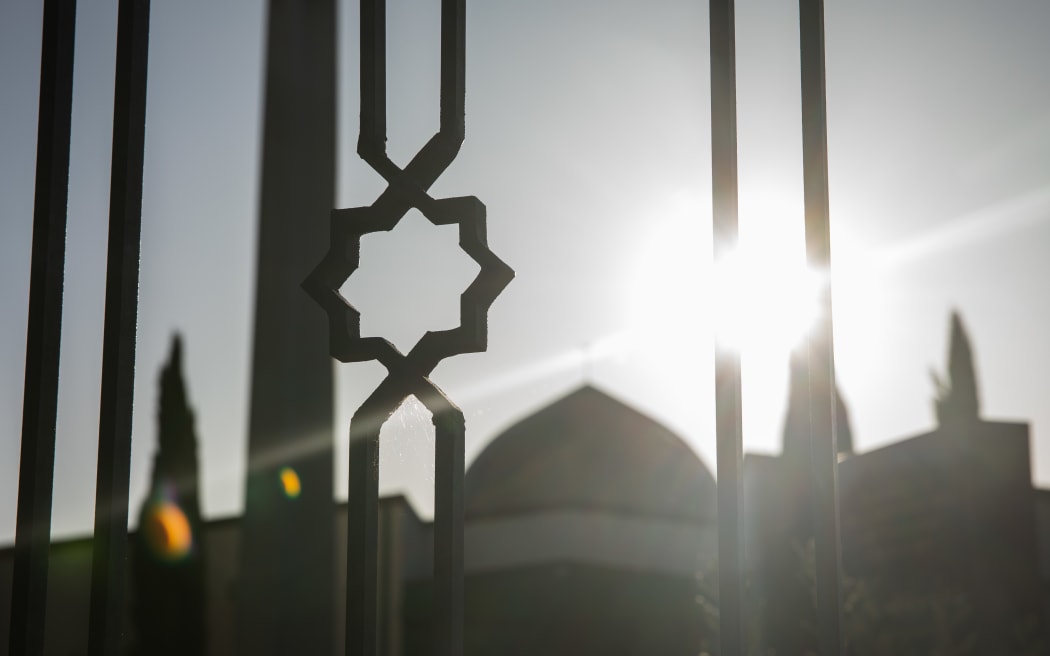
Christchurch's Al Noor Mosque. Photo: RNZ / Samuel Rillstone
A new emergency services radio network will be trialled in Canterbury next year to try to improve coordination between police and St John who were hampered by communication breakdowns during the Christchurch terror attack.
Poor communication between police and paramedics has emerged as a key issue in the inquest into the murder of 51 worshippers at Al Noor Mosque and Linwood Islamic Centre on 15 March 2019.
The Coroners Court has heard crucial information, such as dispatching ambulances to Linwood and safety clearances at both mosques, was not passed on as it should have been.
An Armed Offenders Squad (AOS) commander, who cannot be named, told the inquest he believed the new Public Safety Network would be trialled next year.
"There will be dedicated emergency services channels so emergency services will operate independently but when a big job that requires better co-ordination comes up, everyone can just switch to a new digital channel that will provide that," he said.
The commander, who is one of New Zealand's foremost tactical experts, said staff would require training so they knew how to use the network properly without overloading it.
Emergency channels were overloaded during the terror attack, with many witnesses saying it was almost impossible to use the police radio during a constant stream of transmissions.
The AOS commander, who was on leave when the shooting happened, led team debriefs afterwards.
He told the inquest he only recently learned that badly injured people were left alone at Al Noor Mosque for more than 10 minutes because AOS staff were redeployed to the Linwood Avenue mosque.
"I was upset about it, certainly," he said.
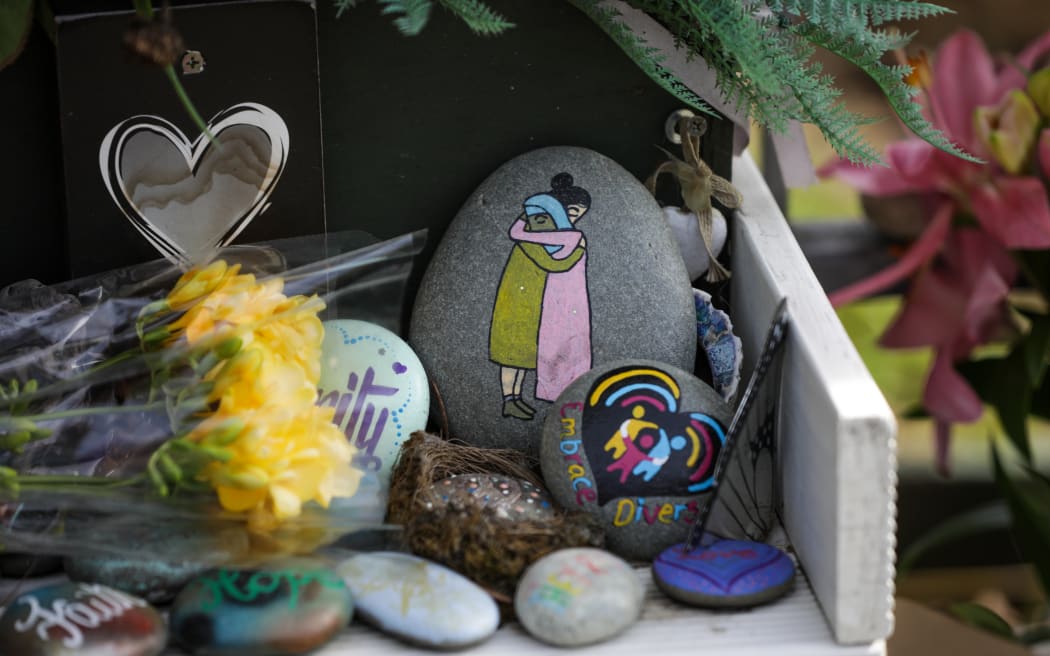
Photo: RNZ / Nate McKinnon
International counter-terrorism experts earlier told the court it was unacceptable for police to leave the victims alone.
The commander told counsel assisting the coroner David Boldt that better coordination, including accurate situation reports from officers on the ground, would help to ensure that did not happen again.
The officer also told the inquest that the commander in charge of the AOS did not know there was a sniper course being held in Christchurch on the day of the attack, which meant he had access to more specially trained police staff.
He said the AOS chief should have known because it would have helped with coordinating resources.
Another senior AOS member said police staff followed protocol despite the confusion of the day.
The AOS member, who cannot be named, gave evidence on Wednesday afternoon as an expert witness.
He told the Coroners Court the short timeframe of the offending as well as the profusion and sometimes "erroneous" information being given created substantial confusion for police at times.
"This often exists in the early stages of any emergency response where police do not hold the initiative."
Hearing police counsel Mark Zarifeh relay what officers faced on the day seemed confusing even in the "cold, hard light of day in this courtroom", the AOS member said.
"I can only imagine what it would be like on the day with so many events taking place. The short timeframe from when the first shots were fired until there were attempts to gain some element of control was a very short timeframe.
"The staff appeared to know what their mission was and that was to locate, isolate, neutralise or arrest the offender. They appeared to be doing that, there was no-one who appeared to be off script, they were adhering to the process."
The inquest will examine the following 10 issues over seven weeks:
- Events of 15 March 2019 from the commencement of the attack until the terrorist's formal interview by police
- Response times and entry processes of police and ambulance officers at each mosque
- Triage and medical response at each mosque
- The steps that were taken to apprehend the offender
- The role of, and processes undertaken by, Christchurch Hospital in responding to the attack
- Coordination between emergency services and first responders
- Whether the terrorist had any direct assistance from any other person on 15 March 2019
- If raised by immediate family, and to the extent it can be ascertained, the final movements and time of death for each of the deceased
- The cause of death for each of the victims and whether any deaths could have been avoided
- Whether Al Noor Mosque emergency exit door in the southeast corner of the main prayer room failed to function during the attack and, if so, why?
The inquest continues.
